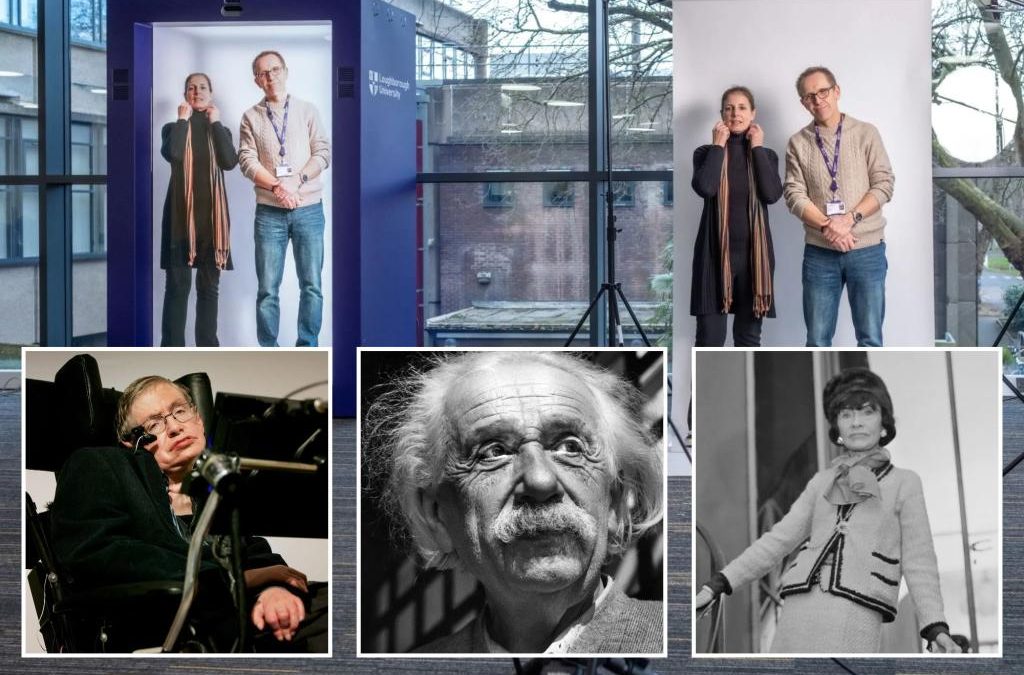College students may soon be able to attend lectures given by long-dead pioneers like Albert Einstein and Coco Chanel thanks to groundbreaking hologram technology, according to a report.
Some universities have already begun using the holographic technology to bring some of the world’s greatest innovators and artists, like Michael Jackson, to the classroom, The Guardian reported.
The technology can also beam in 3D images of speakers from across the world.
The United Kingdom’s Loughborough University plans to project scientists from the Massachusetts Institute of Technology [MIT].
Students “absolutely love” the hologram guest speakers, Prof Vikki Locke, director of undergraduate studies at Loughborough business school, told The Guardian.
As opposed to static experience staring at a flat screen, the students much prefer “a guest speaker from industry beaming into a classroom to a 2D person on the wall”, she added.
The technology will officially be a part of the university’s curriculum in 2025 after a year to work out the kinks, according to the outlet.
Los Angeles-based company Proto makes the box-based holographic units, which it sells to major companies like BT and IBM who use it in corporate meetings to curb the need for travel.
Proto also works with fashion retailer H&M in Sweden to make interactive product displays, according to The Guardian.
Proto founder David Nussbaum said he launched the company four years ago after working on dead-celeb holograms. Now he envisions bringing some of history’s brightest minds back to life with the help of artificial intelligence.
“Proto has the technology to project an image of Stephen Hawking, or anybody, and make it look like he’s really there,” Nussbaum told The Guardian. “We can hook it up to books, lectures, social media – anything he was attached to, any question, any interaction with him. An AI Stephen Hawking would look like him, sound like him and interact like it was him.
Experiencing this technology is “awe-inspiring,” he said.
Nussbaum hopes he can make the technology more accessible to the public: “You shouldn’t have to be an eccentric millionaire or a celebrity to have a hologram.”
Within the next 18 months, he said he hopes to roll out small units for about $1,000 each that beam out smaller holographic images.
He likened the product to Willy Wonka’s “Wonkavision” from “Charlie and the Chocolate Factory.”
Loughborough University’s pro-vice-chancellor, Rachel Thomson, said the technology will help the school reach its sustainability goals by allowing guest speakers, such as the MIT scientists, to give a lecture without flying across the Atlantic Ocean.
Source




